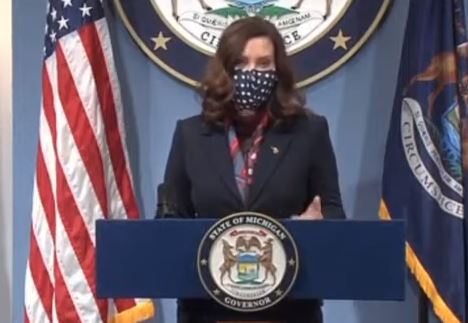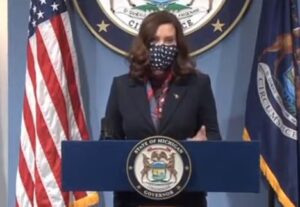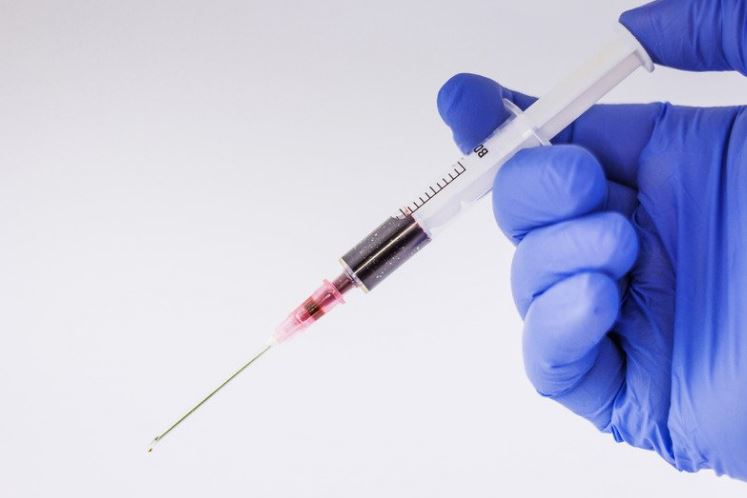
Top 10 Consumer Complaints of 2020

Media Contacts: Ryan Jarvi FOR IMMEDIATE RELEASE: Attorney General Nessel Celebrates National Consumer Protection Week, Announces Top 10 Consumer Complaints of 2020LANSING – To celebrate the importance of National Consumer Protection Week and to help people make informed decisions about how to safely spend their money, Michigan Attorney General Dana Nessel today announced “Each year, my office tracks consumer complaints to ensure that we’re keeping Michiganders informed on crucial details to protect their wallets,” said Nessel. “A common thread every year is the framework bad actors continue to use, which always includes: a sense of urgency, untraceable payment methods, and an offer too good to be true. The Department of Attorney General is committed to being your connection to consumer protection and I encourage everyone to take advantage of the wealth of resources we have to offer during National Consumer Protection Week and beyond.” The object of any scam is to steal money or obtain personal information by convincing a victim of the need to part with it. Scammers prey on anyone and use clever tactics to convince their victims to hand over money or personal information through deceit, coercion, intimidation, fear and empty promises. These tactics coupled with a sense of urgency put pressure on the victim to make an immediate decision. More information on scams can be found online at the Attorney General Consumer Alert page. The Federal Trade Commission (FTC) also has a listing of individual scams with great tips on prevention. Michigan’s Top 10 Consumer Complaint Categories of 2020: Nessel’s Top 10 list is compiled by analyzing all complaints filed with the Attorney General’s Consumer Protection Team. Thanks to the hard work of the Consumer Protection Team, the Attorney General’s office was able to recover $517,864.10 in
“In a year that was unprecedented in many ways, I want to thank our Consumer Protection Team for their resilience and dedication to ensuring that every complaint was addressed,” said Nessel. Throughout National Consumer Protection Week and the entire month of March, consumers can follow along on the Department’s Facebook, Twitter Your connection to consumer protection is just a click or phone call away. Consumer complaints can be filed online at the Attorney General’s website, or by calling 877-765-8388. |









